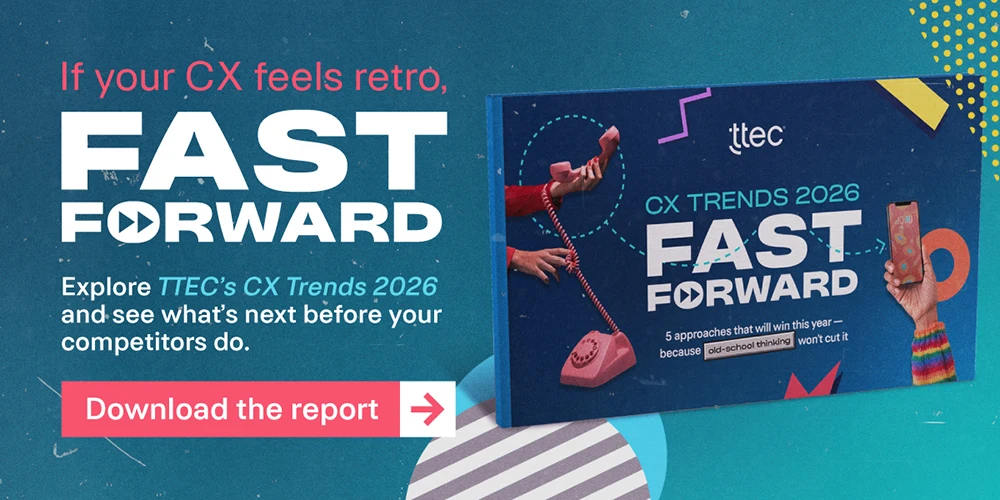Imagine a future where you can summon a driverless car through an app to whisk you to your destination. There’s no need to worry about maintaining a car or even parking it because that’s all being handled for you. While this scenario won’t happen tomorrow, it’s not impossible.
The automotive industry is undergoing massive changes as a future approaches in which only a few people may own vehicles. In an increasingly on-demand and subscription-based economy, manufacturers are exploring a wider range of ownership models to keep pace with changing customer behaviors and expectations.
Getting stuck in traffic has become an unfortunate part of reality. As cities grow more crowded, alternative options for accessing a car could become more than a luxury—it could become a necessity. Additionally, car sharing and peer-to-peer rentals could enable car owners to receive a return on investment on their underutilized property.
To provide these new ownership models, auto companies are looking to Silicon Valley for help. Instead of building from scratch, General Motors, Ford, and BMW are partnering with tech companies like Google, Microsoft, and Apple. They’re also investing in peer-to-peer car-sharing and ride-sharing companies. GM, for instance, is investing $500 million in a partnership with Lyft to build an on-demand network of self-driving cars.
Ford is also investing in innovative technologies to take the company “to the next level in connectivity, mobility, autonomous vehicles, the customer experience, and Big Data,” wrote Executive Chairman William Clay Ford, Jr. and President and CEO Mark Fields in a joint statement.
The auto company recently unveiled several new programs to make driving and car ownership more convenient. The new initiatives include FordPass. FordPass is a platform that enables users to reserve parking, pay for transportation costs through their vehicle or phone, earn rewards, and call a “FordGuide” for assistance reaching destinations. FordPass is available to non-Ford drivers as well.
Ford is also introducing FordHub centers in shopping malls. The centers are smaller than traditional showrooms and are designed to let shoppers experience new technology, learn about Ford’s vehicles, and explore transportation options. Additionally, Ford is launching a new pilot program that allows families, friends, and neighbors to lease a car together and reserve drive time.
Ford also announced that it is working with IBM to launch a new data analysis platform for analyzing transportation data. Ford is already using this platform to power its “Dynamic Shuttle” pilot in its campus in Dearborn, Michigan. The Dynamic Shuttle allows people to summon rides on-demand on a mobile app.
Once a ride request is made, the software—including an algorithm that drives the platform’s technical capabilities—determines the shuttle best suited to address the request without extending the travel time of riders already aboard. It then sends the rider an offer detailing proposed pick-up time and maximum duration of the trip, which the requester can accept or decline.
While traditional car ownership won’t disappear any time soon, it’s unquestionable that auto manufacturers can no longer simply build new vehicles. Auto companies must keep pace with customer demands and that includes breaking with tradition to find new solutions.
Also, check out the most recent issue of our eNewsletter.
Driving Into a (Possibly) Driverless Future















